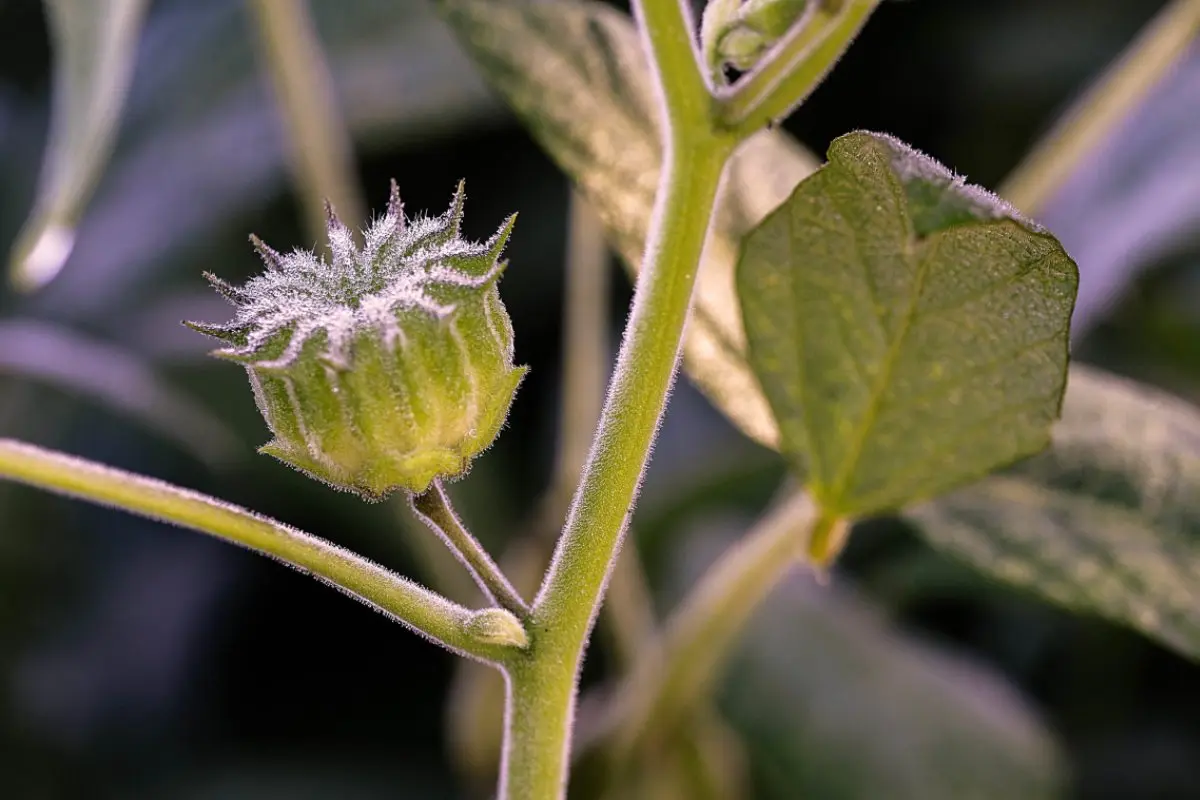
EU eliminates inspections for seeds from Ukraine and Moldova
The certification procedures comply with European requirements for beet, sunflower, rapeseed and soya seeds.

The EU Council has eliminated all additional inspections for beet, sunflower, rapeseed and soya seeds from Ukraine and the Republic of Moldova. In effect, the Commission has recognised that the Ukrainian and Moldovan certification procedures, as regards field inspections and seed production rules, are in line with EU requirements. The decision will enter into force 20 days after its publication in the Official Journal of the EU.
In particular, the Decision grants equivalence for beet, sunflower, rapeseed and soya seeds produced and certified in Ukraine and for fodder plant seeds produced in the Republic of Moldova and officially certified by its authorities, as well as for the related field inspections carried out.
The equivalence, the official press release from Brussels underlines, confirms that the national procedures of the two countries offer the same guarantees for the characteristics of the seeds and the rules for the examination, identification and control of the seeds applicable to the seeds harvested in the EU. In line with the decision just adopted, the note adds, "the seeds of these species produced in Ukraine and the Republic of Moldova will be able to enter the EU market". This means that companies based in the EU will be able to diversify the areas of seed production.
The new rules will also help maintain a continuous supply of high-quality seeds in the EU. The decision, the note explains, is a technical implementation of existing requirements and amends Decision 2003/17/EC, which grants equivalence to certain third countries as regards field inspections and seed production of certain species.
The premise of the Commission's decision concerns seeds collected outside the EU that can be marketed in the European Union only if they offer the same guarantees as officially certified Community seeds. Third countries that intend to export to the EU, in fact, must meet the same criteria for seed characteristics, examination, identification, marking, control and packaging of seeds collected and controlled in the EU. Certification includes field inspections, sampling and analysis of seeds.
Council Decision 2003/17/EC grants certain non-EU countries equivalence with regard to field inspections and seed production of certain species, ensuring a continuous supply of high-quality seed to the EU.
Ukraine has been included in the list of such countries since 2020 for cereal seeds. In 2022, Ukraine submitted to the Commission a request to include in the equivalence also beet, sunflower and rapeseed seeds; in 2023, it submitted an additional request for soya seeds.
Since 2018, the Republic of Moldova has been included among third countries for cereal seed, vegetable seed and seed of oil and fibre plants. In 2022, the Republic of Moldova submitted a request to the Commission to include also fodder plant seed.
The applicant countries have their seed laboratories accredited by the International Seed Testing Association. This provides additional guarantees on the quality of inspections and seeds produced in these countries and their compliance with Union legislation.
EFA News - European Food Agency